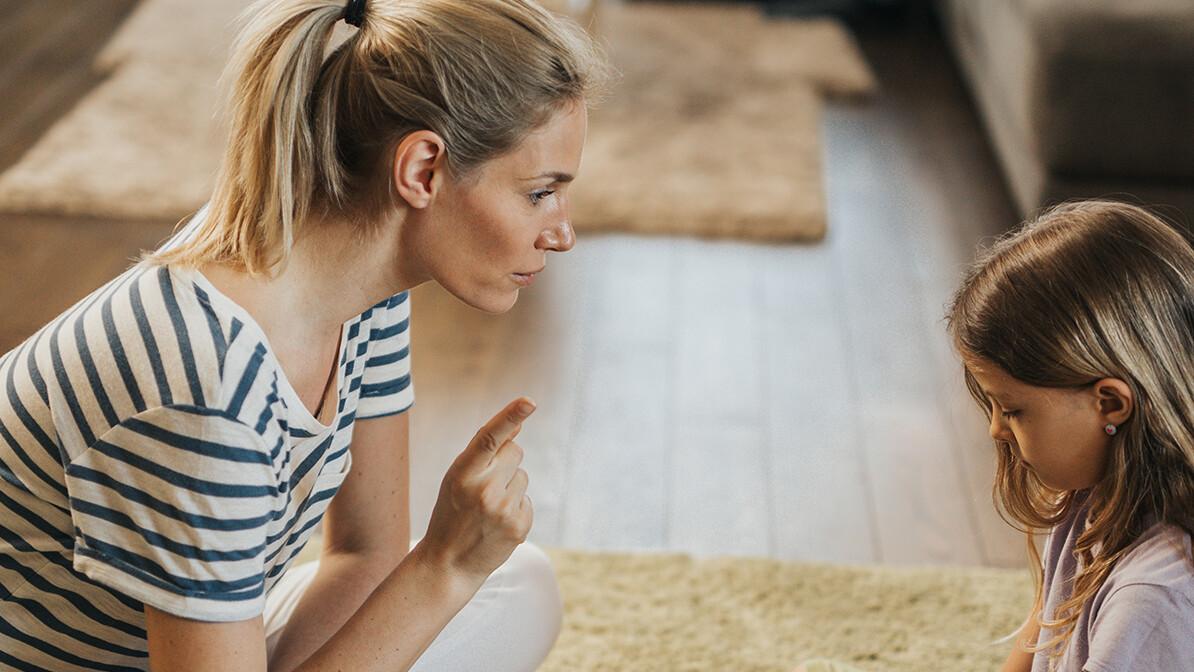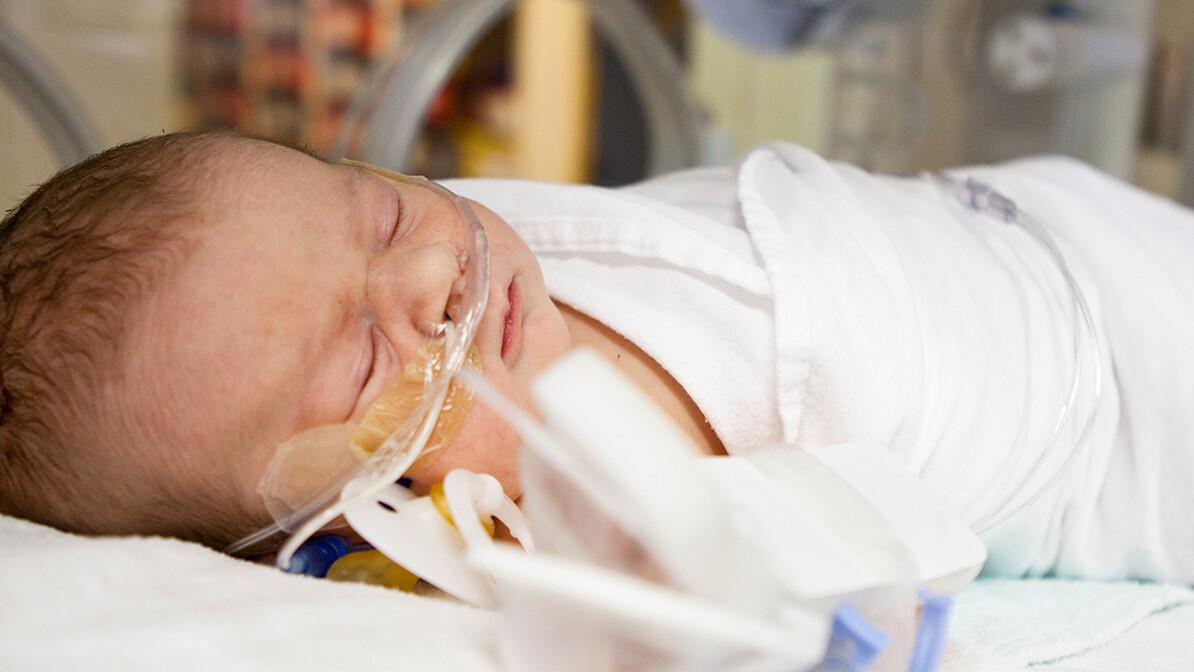
Jonathan McKee: If I Had a Parenting Do-Over (Part 1)
John Farrell: What was your reason for writing If I Had a Parenting Do-Over?
Jonathan McKee: In all honesty, it was probably my own personal reflection from looking back at my own parenting because it was at a time where I had recently become an empty nester, my kids had left the house, and I was out giving parenting advice and talking to the masses about parenting. I couldn’t help but look back and go, “Man, if only I had done this. If only I had tweaked this a little bit.”
So much of what I was learning in those final years was trial and error. I was like, “I need to change that. I didn’t do enough of this or I did too much of this.” It kind of peaked my curiosity. That’s when I basically decided to write the book.
As I started dialoguing with other parents I found that many of them were feeling the same thing. I heard that from parents whose kids were older and they were like, “If I only would’ve known then what I know now.” So, it led me to ask that one question, and that’s what I did. I asked hundreds of parents one question, which was, “If you could go back in time and change one parenting practice, what would you do-over?”
The answers were eye-opening.
JF: The book lists seven vital changes you’d make if you had a parenting do-over. What is the one thing you would change above all else about your parenting experience?
Jonathan: Don’t freak out. Don’t freak out because it’s the one thing I find more than anything else in parenting today. It’s funny how many of the questions that parents ask me today are because a parent will find something and they panic and overreact. It seems like the message that I tell parents mostly is “turn your overreaction into interaction.”
See if you can find a way to prepare yourself for disappointment. Prepare yourself for being shocked. Prepare yourself for the fact that your kids are going to be like you, and the fact that they’re going to be human. They are gonna mess up.
When they do, we need to unconditionally love them and we need to be able to respond and talk with them so that we find that balance of them understanding that they’re safe. “It’s okay, mom and dad still love me even though I messed up.” Then, only after they feel safe and feel loved, “Hey, but I need to learn from this. It’s not that this action was okay. This action actually has some consequences, and I’m learning it. It wasn’t that mom and dad just hammered me with it, but they’re actually making me aware that there is a better path. And we can have that through safe dialogue.”
I just wrote an article for Parents.com called “Mom, I Want to Be a She.” The whole transgender issue is huge right now. The article was sparked because Dwayne Wade was on “The Ellen Show” talking about how his son decided he wanted to be a she and how you respond.
It was interesting. There were all kinds of “Oh my gosh, what are you doing?” I use that as a springboard for discussion of what would you do? What would you do if your 16-year-old, what would you do if your 13-year-old, what would you do if your eight-year-old came up to you and said, “Hey, I don’t think I’m this gender anymore. I’m a different gender.”
Talking to parents about that my message is the same as if your kid says, “I don’t know if I believe in God anymore.” Or the same as if you walked in your kid’s room and caught them looking at pornography. It’s the same message, which is how can you respond in a way that shows that you’re a safe source? Even though what they did might not be what’s best for them, you’re like, “I love you. We’re going to get through this together. If you were deceived, how can I point you toward truth?” How can I turn my overreaction into interaction? That’s probably the biggest thing.
It’s funny that back then when I was writing the book, there’s seven vital changes. Two of them are about that – not freaking out. One of them is “Pick Your Battles” and the other one is “Press Pause.” Both those are about that whole overreaction thing. Two out of seven are about don’t freak out. It’s probably one of the biggest things that I learned.
Probably the biggest thing I feel guilty about are the times that I righteously raised my voice and said, “We will not tolerate this in this house.” I looked back and went, “Well, that didn’t work really well.”
Clarification. It’s not a “let your kids do whatever they want.” It’s not a “become your kid’s friend and just say everything’s okay.” It’s not a post-modern parent that says everything is okay. No, not at all. It’s saying, “Even though you’re not okay, and even though I’m not okay, that’s okay because God loves us anyway. And I’m a safe person to talk to about that, and we can get through that together.”
JF: Is that the overall message you hope readers take from the book?
Jonathan: Yes, I really do. To simplify the book into a sentence is one thing, but hopefully parents will walk out of there and see that – as they’re navigating this tumultuous journey of parenting – everything we do in parenting is either bonding or boundaries. I hope that helps parents understand that we can bond with our kids by just rolling on the floor and wrestling with them, talking with them, taking them out for pizza, hanging out with them, engaging in fun dialogue. That’s where a lot of values are passed down through those conversations.
Then there are boundaries, which is “You can’t bring your phone into the bedroom. I don’t care that 79 percent of teenagers bring their phone into the bedroom. You’re not going to bring your phone in the bedroom. That’s not smart.” And boundaries is, “No, you’re not going to go out and stay out till all hours of the night. Here’s when I want you to be home.”
Both bonding and boundaries are very important. Keeping this big picture in mind of I want to raise my kids right, I want to teach them to make these decisions, it’s going to be through bonding and boundaries.
Then obviously there are other things that through the book I talk about too – what that looks like as our kids get older? The closer they get toward exiting our house hopefully all that bonding time is equipping them to make these decisions and boundaries, and maybe taught them some of these rules.
I actually urge parents to lighten up on the boundaries. I even went as crazy as to say that I think your kids should have no rules their senior year because that’s you teaching them to become adults and start making these decisions.
The book is loaded with these concepts that are basically towards how can we equip our kids to start thinking for themselves and doing this? A lot of those by not overreacting, interacting with them, having realistic boundaries, spending lots of bonding time, teaching them these concepts, teaching them how to think, teaching them truth in a world full of lies so that as they exit the house they’ve decided for themselves.
I hope the most important decision they realize is, “I’m a flawed individual. I need Jesus. I can’t do this without Him.” That’s something they need to decide for themselves and you can’t force on them.
…
Order your copy of If I Had a Parenting Do-Over: 7 Vital Changes I’d Make by Jonathan McKee
Trending Now
Sign up today for your Inspiration Today Daily Newsletter
Supercharge your faith and ignite your spirit. Find hope in God’s word. Receive your Inspiration Today newsletter now!
John Farrell
John Farrell serves as the Digital Content Manager at Inspiration Ministries, where he oversees the planning, organization, and management of website content to support the ministry's global digital outreach. With a strong background in writing and editorial strategy, John ensures that the articles, devotionals, and discipleship resources on Inspiration.org are accurate, engaging, and aligned with the ministry's mission.
John has authored more than 1,000 articles, press releases, and features for Inspiration Ministries, NASCAR, Lionel, and Speed Digital. His versatility as a writer is also showcased in his 2012 book, The Official NASCAR Trivia Book: With 1,001 Facts and Questions to Test Your Racing Knowledge.
A graduate of Appalachian State University, John brings excellence and attention to detail to the digital experience at Inspiration Ministries. He lives in Concord, N.C., with his wife and two sons.
Related Articles
January 30, 2026
What’s Happening to Your Family?
Families around the world are facing challenges that feel heavy, confusing, and unfamiliar. This…
January 14, 2026
How to Build a Stronger Marriage
When the same arguments keep resurfacing and distance quietly grows, it’s easy to feel stuck. If…
August 23, 2025
If God Is a Loving God, Why Is There So Much Pain in This Life?
Why is there so much pain in this life? This heartfelt article wrestles with that question through…
June 28, 2025
Raising Faithful Kids in a Culture That’s Lost Its Way
Raising faithful kids in a culture that’s lost its way can feel overwhelming—but it’s not…
Next Steps To Strengthen Your Walk
Inspiration Today Newsletter
Supercharge your faith and ignite your spirit. Find hope in God’s word. Receive your Inspiration Today newsletter now!
Christian Articles
Find articles to strengthen your walk and grow your faith. We have a wide range of topics and authors for you.
Submit A Prayer Request
We are here for you. Simply click on the button below to reach us by form, email or phone. Together we will lift our hearts and voices with you in prayer.






